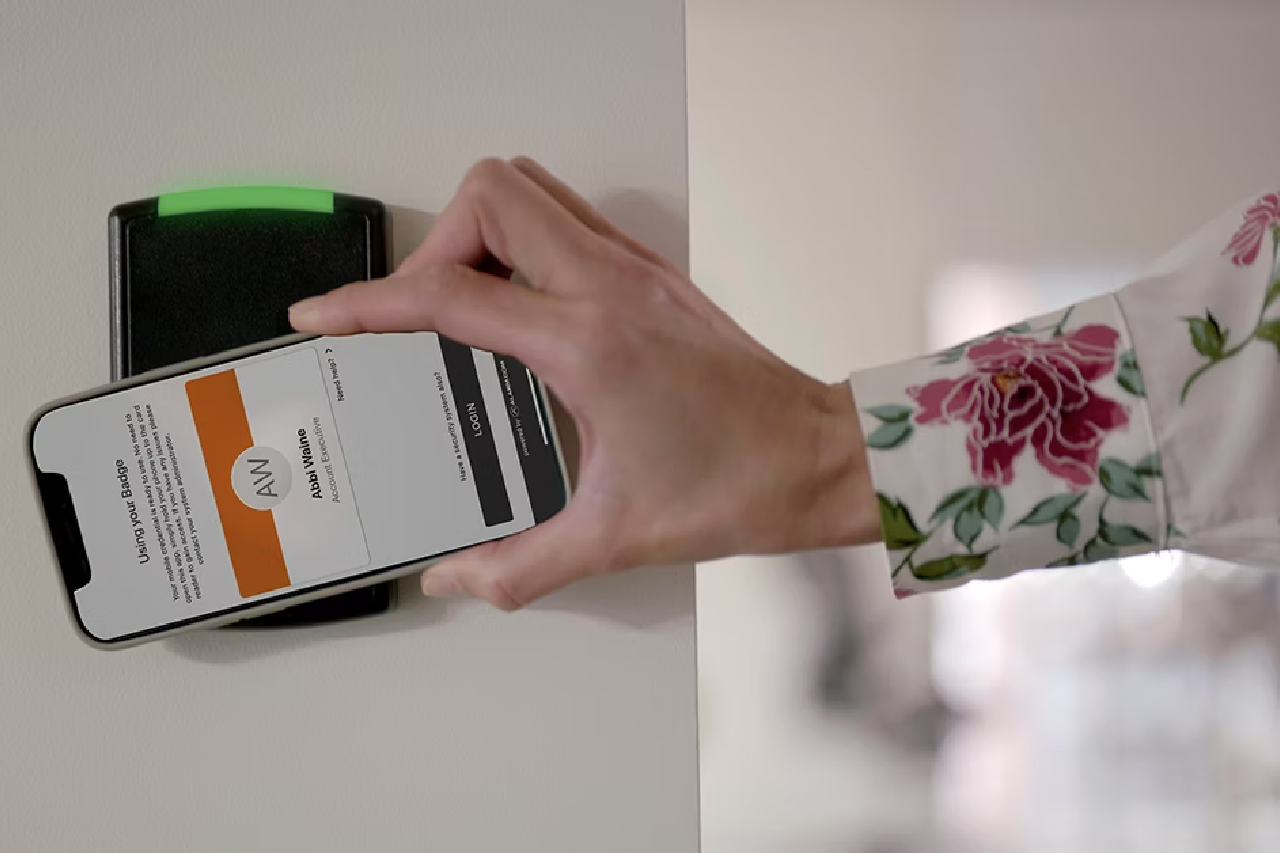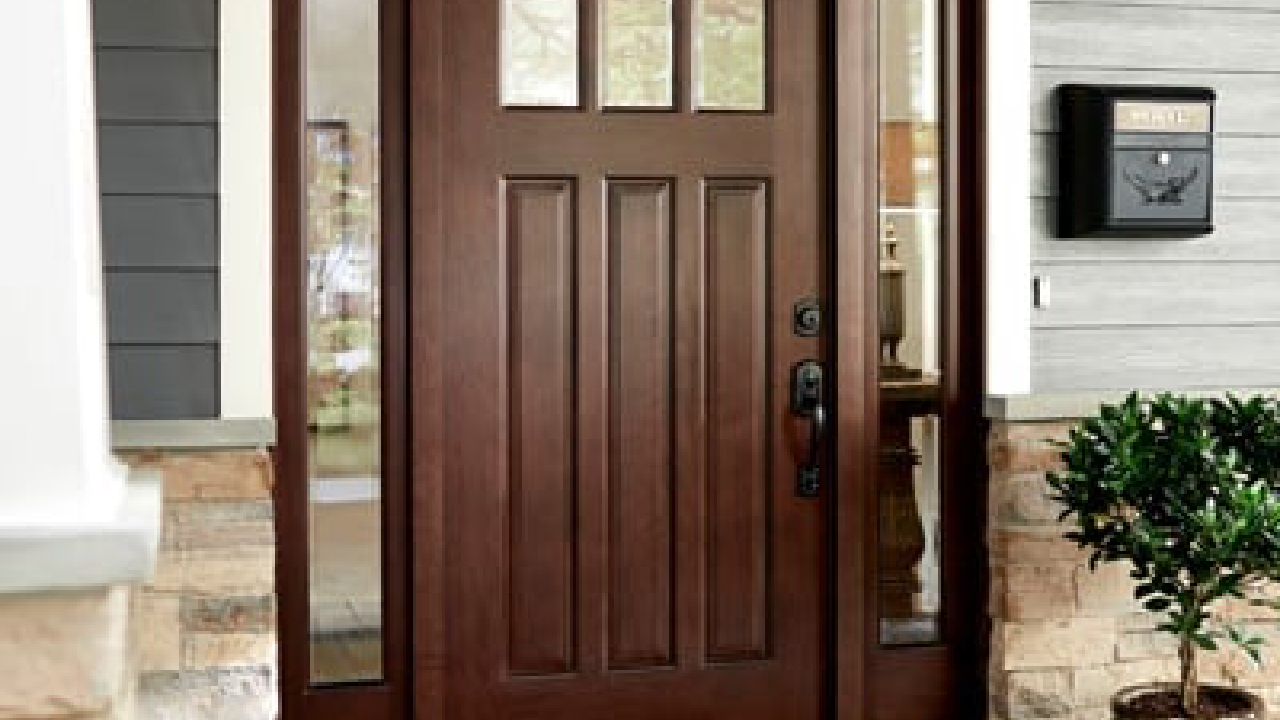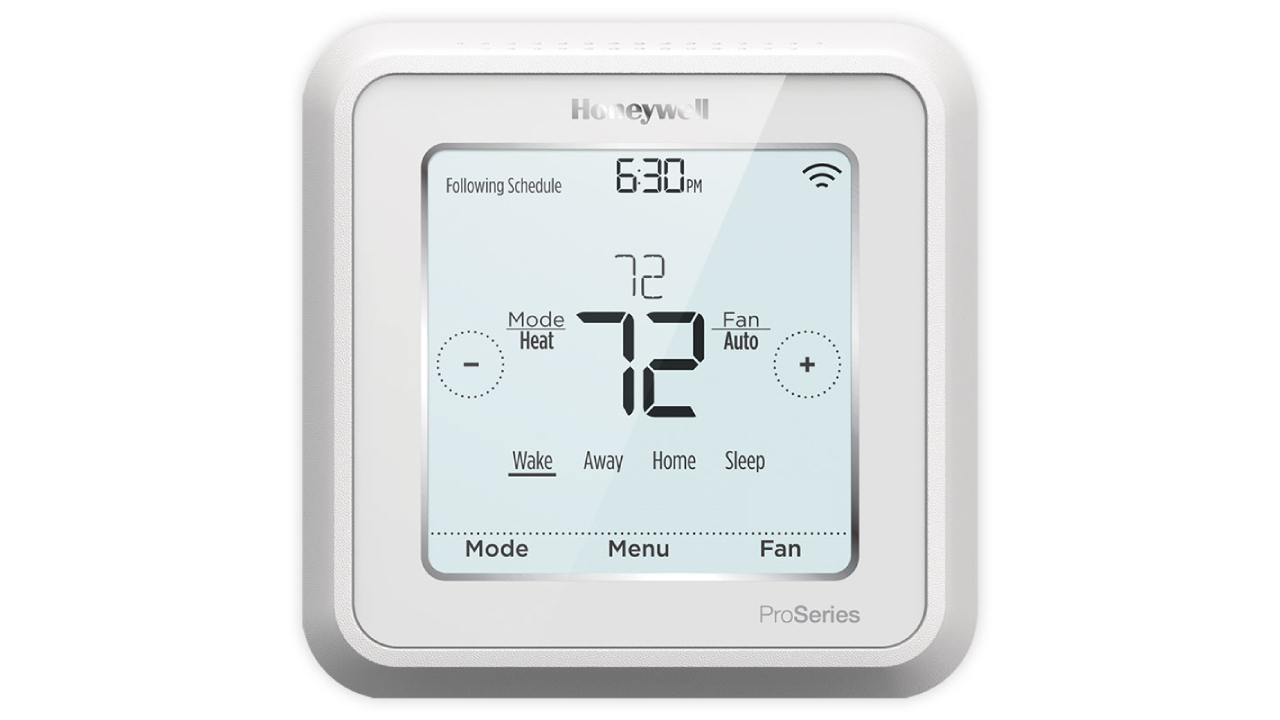Last Updated on October 9, 2023 by Alarm New England
Wireless security systems have transformed the way we safeguard our homes. In an era where technology continues to redefine our daily lives, these innovative systems have become an integral part of modern home security. Welcome to the world of wireless security systems. Explore their features, benefits, and why they are the preferred choice for many homeowners.
Cutting the Cord: What Are Wireless Security Systems?
Wireless security systems, also known as wireless home security systems, are a contemporary approach to safeguarding your residence. Unlike traditional wired systems that rely on physical connections between various components, wireless systems communicate through radio frequency signals. These systems encompass a range of devices, including sensors, cameras, control panels, and more, all connected wirelessly to form a comprehensive security network.
The Advantages of Going Wireless
- Ease of Installation: One of the primary advantages of wireless security systems is their simplicity and flexibility during installation. There’s no need for extensive wiring throughout your home, which means less mess and disruption during setup. This also makes them an excellent choice for renters, as they can easily be moved to a new location.
- Remote Accessibility: Wireless systems allow homeowners to monitor their security remotely. Through smartphone apps or web portals, you can access live feeds, receive alerts, and control your security system from virtually anywhere, providing peace of mind even when you’re away from home.
- Scalability: These systems are highly scalable. You can start with a basic setup and expand it as needed. Whether you want to add more sensors, cameras, or other devices, wireless systems accommodate growth without the hassle of rewiring.
- Reliability: Wireless technology has come a long way, and modern systems are exceptionally reliable. They feature robust encryption and security protocols to protect against hacking, ensuring the safety of your data and system.
- Integration with Smart Home Devices: Wireless security systems often integrate seamlessly with other smart home devices. This means you can incorporate your security system into your existing smart home ecosystem, controlling lights, locks, and even thermostats to enhance both security and convenience.
- Customization: Homeowners can tailor wireless security systems to their specific needs. You can choose the types and number of sensors, cameras, and other components that best suit your home and lifestyle.
- Cost-Efficiency: While wireless security systems may have a higher upfront cost than their wired counterparts, the ease of installation and flexibility can result in cost savings in the long run. Additionally, many wireless systems do not require professional installation, further reducing costs.
Key Components of Wireless Security Systems
To understand how these systems work, it’s essential to grasp their key components:
- Control Panel: The control panel serves as the central hub of the system. It communicates with all other devices and is where you arm or disarm the system. Many control panels feature touchscreens for user-friendly operation.
- Sensors: Sensors are placed at entry points like doors and windows or in areas where motion is detected. When a sensor is triggered, it sends a signal to the control panel, which then activates the alarm or sends an alert.
- Cameras: Wireless security cameras provide video surveillance. They capture footage and, in some cases, feature two-way audio communication. These cameras can be placed both indoors and outdoors to monitor various areas of your property.
- Motion Detectors: Motion detectors sense movement within their range and can trigger alarms or other responses. They are essential for detecting intruders or unauthorized activity.
- Doorbell Cameras: A popular addition to many wireless systems is the doorbell camera. These devices allow you to see and communicate with visitors at your front door, even when you’re not home.
- Key Fobs or Keypads: Key fobs and keypads provide convenient ways to arm or disarm the system without using a smartphone or the control panel.
Selecting the Right Wireless Security System
When choosing a wireless security system for your home, consider the following factors:
- Coverage Area: Assess the size and layout of your home to determine how many sensors and cameras you need for adequate coverage.
- Integration: If you have existing smart home devices, ensure that the security system you select is compatible and can be integrated seamlessly.
- Monitoring Options: Decide whether you want professional monitoring or self-monitoring. Professional monitoring services can provide 24/7 surveillance and emergency response.
- Budget: Determine your budget for the initial purchase and any ongoing monitoring fees.
- Scalability: Consider your future needs and whether the system can be expanded as your requirements change.
Installation and Setup
Installing a wireless security system is typically straightforward and can often be done as a DIY project. However, some homeowners may prefer professional installation for added peace of mind. Here’s a general overview of the installation process:
- Choose Your Equipment: Select the control panel, sensors, cameras, and any additional devices you need.
- Install Devices: Follow the manufacturer’s instructions to place sensors and cameras in strategic locations. Ensure they are securely mounted and have a clear line of sight.
- Set Up Control Panel: Power on the control panel, connect it to your Wi-Fi network, and follow the on-screen instructions to configure the system.
- Configure Alerts: Set up alerts, such as notifications for specific events or alarms, through the control panel or smartphone app.
- Test the System: Perform thorough testing to ensure all devices communicate effectively with the control panel and that alerts are functioning correctly.
Wireless vs. Wired Security Systems
When it comes to choosing a security system for your home, one critical decision is whether to opt for a wireless or wired system. Each option has its own set of advantages and considerations, and the choice largely depends on your specific needs and circumstances.
Wireless Security Systems
Wireless systems, as discussed earlier, offer the convenience of easy installation and flexibility. They are ideal for both homeowners and renters because they do not require extensive wiring or drilling. This makes them a non-invasive and temporary solution for those in rental properties.
The wireless technology used in these systems has evolved significantly, making them reliable and secure. With encryption and anti-hacking features, wireless security systems provide robust protection for your home.
Additionally, wireless systems excel in remote accessibility. Through mobile apps or web portals, homeowners can monitor their security in real-time, receive instant alerts, and control their systems remotely. This level of convenience is highly valued in our fast-paced, connected world.
However, wireless systems may have limitations in terms of range, making them less suitable for very large properties. They also rely on batteries, which require periodic replacement or recharging.
Wired Security Systems
Wired security systems, on the other hand, are known for their reliability and stability. These systems are hardwired into your home’s electrical and communication network, eliminating concerns about battery life or signal interference.
Wired systems are typically more challenging to install, often requiring professional assistance. They involve drilling holes and running cables throughout your home, which can be disruptive. This installation process makes them a better fit for homeowners who plan to stay in their current residence for an extended period.
While wired systems may lack the flexibility of wireless counterparts, they excel in terms of longevity and performance. They are less susceptible to signal interference, making them suitable for larger properties.
So, the choice between wireless and wired security systems ultimately depends on your preferences and the specific requirements of your home. Wireless systems offer convenience and flexibility, while wired systems provide reliability and longevity. Consider your priorities and consult with security professionals to determine which option is best suited to protect your home and loved ones effectively.
Considering Wireless Security Systems for Your Residential Property?
Wireless security systems offer homeowners a reliable, flexible, and convenient way to protect their homes and loved ones. With their ease of installation, remote accessibility, and integration with smart home devices, these systems have quickly become a cornerstone of modern home security. Whether you’re a tech enthusiast or simply looking for an effective way to enhance your home’s safety, wireless security systems are a valuable investment in peace of mind and protection.






